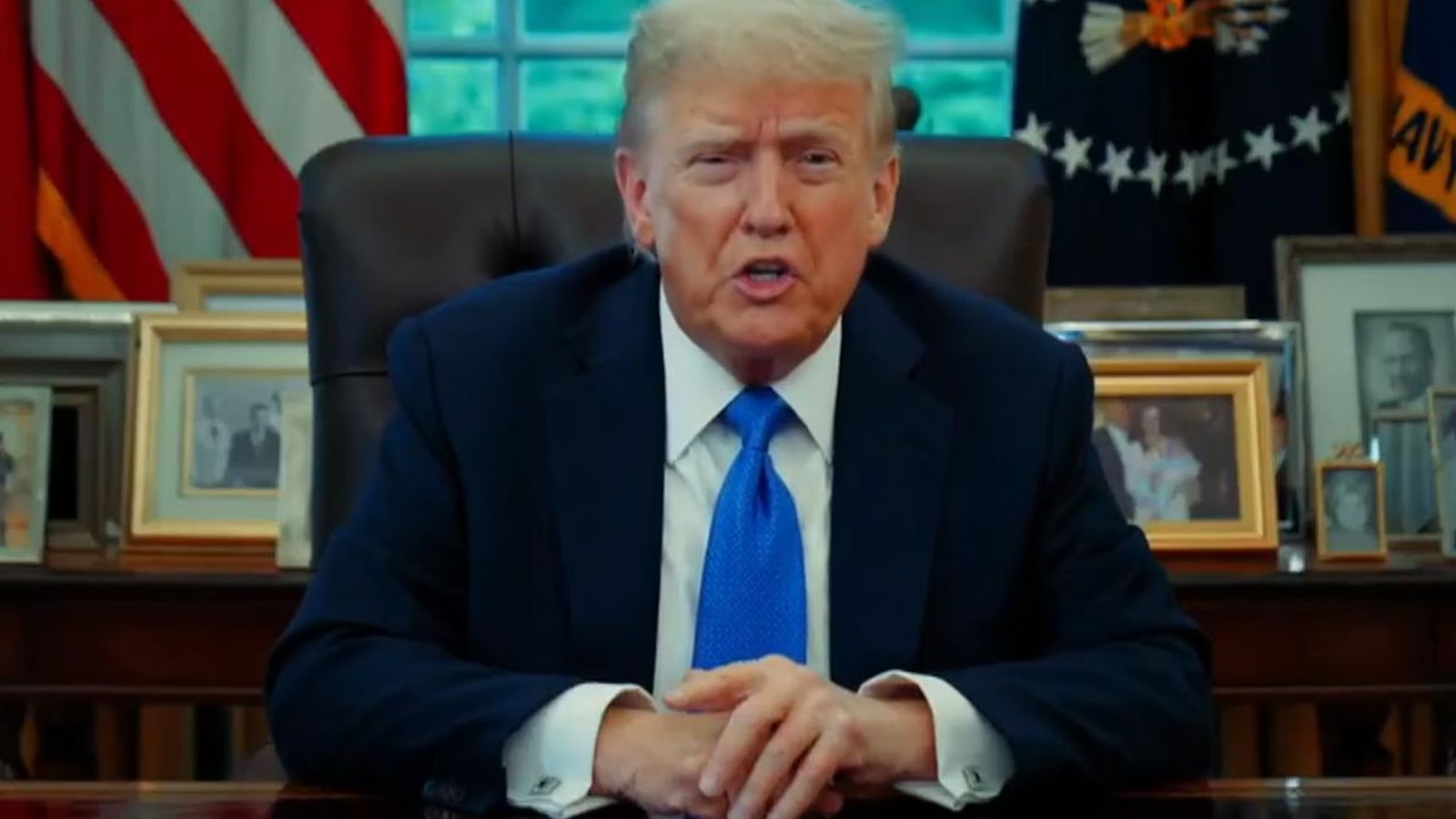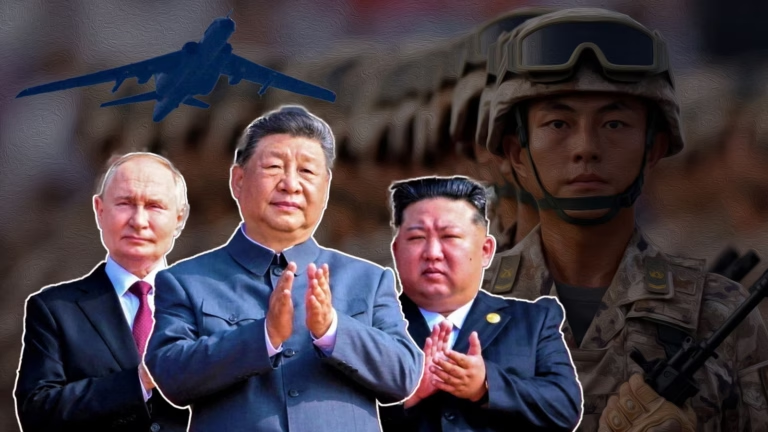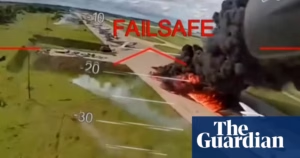President Trump has issued an executive order banning individuals from 12 countries from entering the US.
He stated that Sunday’s attack in Colorado highlighted “the severe dangers posed to our nation by foreign nationals who lack appropriate screening or who enter temporarily and fail to leave before their visas expire”.
“We cannot allow individuals who wish to harm us to enter our country,” he remarked in a video statement.
The affected countries include: Afghanistan, Myanmar, Chad, Republic of the Congo, Equatorial Guinea, Eritrea, Haiti, Iran, Libya, Somalia, Sudan, and Yemen.
The White House described these countries as posing a “very high risk” to the US, due to inadequate screening and vetting processes to identify potential threats.
Additionally, individuals from Burundi, Cuba, Laos, Sierra Leone, Togo, Turkmenistan, and Venezuela will also face limits on their entry.
According to Mr. Trump’s announcement, America must ensure that those entering the nation do not harbor”hostile feelings” towards its citizens, culture, government, institutions, or founding principles” and do not support terrorist organizations.
The policy echoes a contentious executive order from eight years ago during his initial term, when he barred individuals from primarily Muslim nations.
The countries initially targeted were Iraq, Syria, Iran, Sudan, Libya, Somalia, and Yemen.
President Trump mentioned on Thursday that the policy is “crucial to preventing significant international terror attacks on American soil”.
His updated list includes more countries; however, Syria was omitted following Mr. Trump’s recent meeting with the country’s leader during a visit to the Middle East.
Participants in the 2026 World Cup and the 2028 Olympics, both events set to occur in the US, along with permanent US residents and current visa holders, will be exempt from the new restrictions.
Following the president’s request, homeland security officials and the national intelligence director compiled a report assessing countries whose nationals could present a threat to the US.
Implementing the ban will commence on 9 June, with potential adjustments as countries are either removed or added.
The proclamation states that it will be under review 90 days after its execution and every 180 days thereafter to determine its continuation, termination, modification, or expansion.
“These restrictions are well-reasoned, tailored to specific countries that either lack adequate vetting, exhibit high rates of overstaying their visas, or fail to share vital information,” stated White House Deputy Press Secretary Abigail Jackson.
President Trump’s original travel restrictions in 2017 were criticized by opponents and human rights organizations as an unjustifiable ban on Muslims.
This policy led to chaotic situations, including tourists, students, and business travelers being denied boarding or detained at US airports upon arrival.
Mr. Trump denied that it was a ban on Muslims despite earlier advocating for a complete ban on Muslims entering the United States during his presidential campaign.
The ban underwent legal scrutiny and underwent modifications until the Supreme Court upheld a revised version in June 2018, with the court ruling it fell well within the limits of presidential authority.









